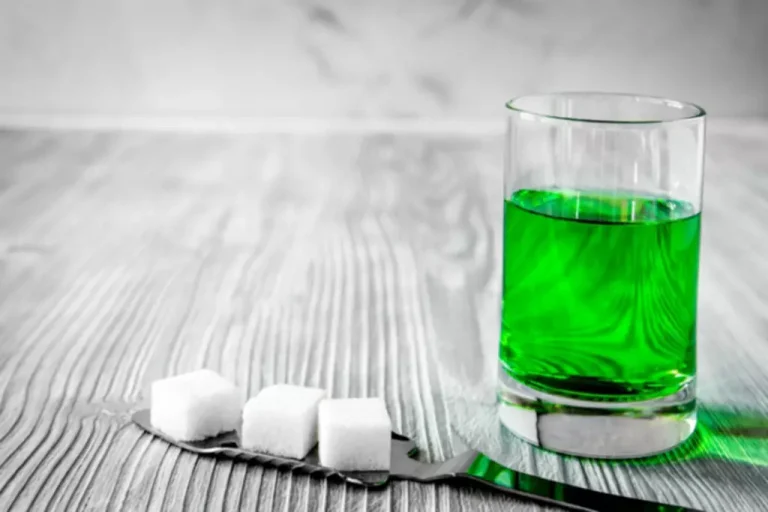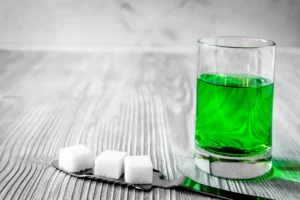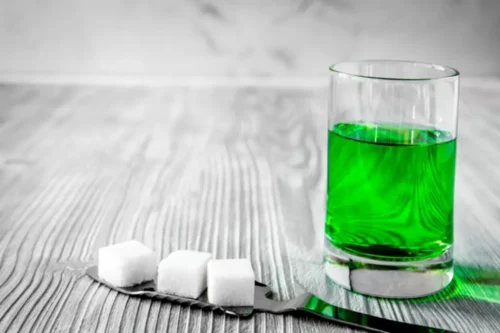XCritical Википедия
October 13, 2021Alcohol Use Among Depressed Patients: The Need for Assessment and Intervention
October 14, 2021
It’s very important to address both alcohol misuse and depression simultaneously when looking into treatment options, as these conditions are closely intertwined and can exacerbate each other, Kennedy explains. It helps people understand events and thought processes that lead to depression and substance misuse. Depression may even cause people to begin consuming large amounts of alcohol. If you’re concerned alcohol has become your go-to method of managing negative feelings like depression, there’s no shame in reaching out for support. It’s more likely to worsen negative mood states, along with physical health.
Drinkchat

To date, only one intervention has specifically addressed heavy drinking among psychiatric patients. Hulse and Tait (2002) evaluated the efficacy of a brief motivational intervention among psychiatric patients who reported drinking at hazardous levels prior to hospitalization. The patients were randomized to either the motivational-intervention condition or a psychoeducational condition when discharged from an inpatient hospitalization. At a 6-month follow-up, patients in the motivational-intervention condition reported a significantly greater reduction in weekly alcohol consumption compared with the psychoeducational group.
Feeling worthless and ashamed
Continued use of alcohol, or even one instance of binge drinking, can damage certain brain functions. Long-term alcohol abuse not only worsens anxiety and depression but may also lead to liver disease, heart damage, and more. Booze is a depressant that can disrupt brain chemistry, leading to or worsening feelings of sadness and hopelessness. While it may provide temporary relief, long-term booze use often deepens depressive symptoms. Breaking the cycle of booze and depression is not easy, but it is possible with the right support.
How To Treat Alcoholism and Depression

In a population study, Wang and Patten (2001) found that depressed women were at greater risk than nondepressed women of becoming frequent heavy drinkers. Similarly, Crum, Brown, Liang, and Eaton (2001) demonstrated that depressed female alcohol and depression problem drinkers were twice as likely to become daily drinkers compared with nondepressed female problem drinkers. Depressed male problem drinkers were three times as likely to become daily drinkers compared with their cohort of nondepressed problem drinkers (Crum et al., 2001). In many cases, professional help is needed, such as therapy for anxiety disorders offered by mental health treatment services.
- It’s not uncommon to use alcohol to cope with difficult feelings and experiences.
- IPT is also helpful in developing new ways to include support for alcohol use cessation.
- While some studies have reported gender differences in the link between alcohol use disorders and depression 43–46, others have not 47.
- If you are experiencing an active mental health crisis, call 911.
- The evaluation consists of 11 yes or no questions that are intended to be used as an informational tool to assess the severity and probability of an AUD.
- Ethanol, which we commonly refer to as alcohol, is in a class of psychoactive drugs known as depressants (Figure 1).
Relieving depression linked to drinking

But when you drink a lot, there’s a good chance meaningful body movement isn’t drug addiction treatment happening. Without getting too clinical, what’s important to know is that alcohol stimulates the automatic nervous system. And because what goes up must come down, your mood will eventually nosedive.
- The full impact of drinking too much hits about 72 hours after the alcohol has left the bloodstream.
- No matter which came first, an increasing number of health professionals believe it’s best to treat alcohol use and depression at the same time.
- Depression in an alcohol-dependent person has been reported to not only lower the resolve to resisting alcohol use, but may also lead to use of alcohol to relive the depressive symptoms 5, 6.
- You may not realize how much alcohol you’re actually drinking in a week.
Why do people with depression turn to booze?
CBT operates on the concept that being able to recognize and better understand the connection to one’s thoughts, feelings, and behaviors can assist in reducing negative thoughts and promoting positive behavior change. If you experience symptoms of depression for most of the day, every day, for a few weeks, the NHS advises you to contact your GP surgery to get help. And if you’re worried about your drinking, there =https://ecosoberhouse.com/ are alcohol support services that can help. But with the right treatment and support, most people with depression can make a full recovery. Over time, your brain’s reward pathway builds tolerance and requires more and more dopamine (via alcohol) to feel pleasure.
